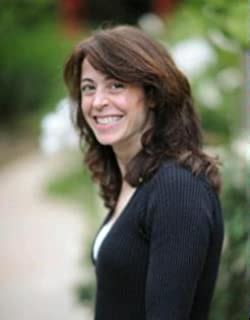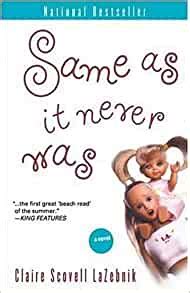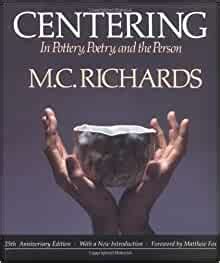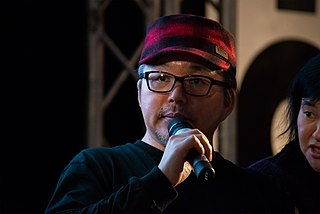A Quote by Maria Montessori
The child, merely by going on with his life, learns to speak the language belonging to his race. It is like a mental chemistry that takes place in the child.
Related Quotes
But somewhere, a child surprises himself with his endurance, his quick mind, his dexterous hands. Somewhere a child accomplishes with ease that which usually takes great effort. And this child, who has been blind to his past, but his heart still beats for the thrill of the race, this child's soul awakens. And a new champion walks among us.
This system in which a child is constantly moving objects with his hands and actively exercising his senses, also takes into account a child's special aptitude for mathematics. When they leave the material, the children very easily reach the point where they wish to write out the operation. They can thus carryout an abstract mental operation and acquire a kind of natural and spontaneous inclination for mental calculations.
Language makes it possible for a child to incorporate his parents' verbal prohibitions, to make them part of himself....We don't speak of a conscience yet in the child who is just acquiring language, but we can see very clearly how language plays an indispensable role in the formation of conscience. In fact, the moral achievement of man, the whole complex of factors that go into the organization of conscience is very largely based upon language.
Don't think that there's a different, better child 'hiding' behind the autism. This is your child. Love the child in front of you. Encourage his strengths, celebrate his quirks, and improve his weaknesses, the way you would with any child. You may have to work harder on some of this, but that's the goal.
There must be a solemn and terrible aloneness that comes over the child as he takes those first independent steps. All this is lost to memory and we can only reconstruct it through analogies in later life....To the child who takes his first steps and finds himself walking alone, this moment must bring the first sharp sense of the uniqueness and separateness of his body and his person, the discovery of the solitary self.
The child takes in his world as if it were food. And his world nourishes or starves him. Nothing escapes his thirst. Secrets are impossible. He identifies with his surroundings and they live within him unconsciously; it is perhaps for this reason that the small child has been characterized as naturally religious.
Science, in all its greatness, is still subject to human creativity. It starts the first moment a child tries to reach up and grab at the clouds. Soon, the child learns that his own hands cannot reach the sky, but his hands are not the limit of his potential. For the human brain observes, considers, understands, and adapts. Locked within the mind is infinite possibility.
For the child whose impulsiveness is indulged, who retains his primitive-discharge mechanisms, is not only an ill-behaved child but a child whose intellectual development is slowed down. No matter how well he is endowed intellectually, if direct action and immediate gratification are the guiding principles of his behavior, there will be less incentive to develop the higher mental processes, to reason, to employ the imagination creatively. . . .

































